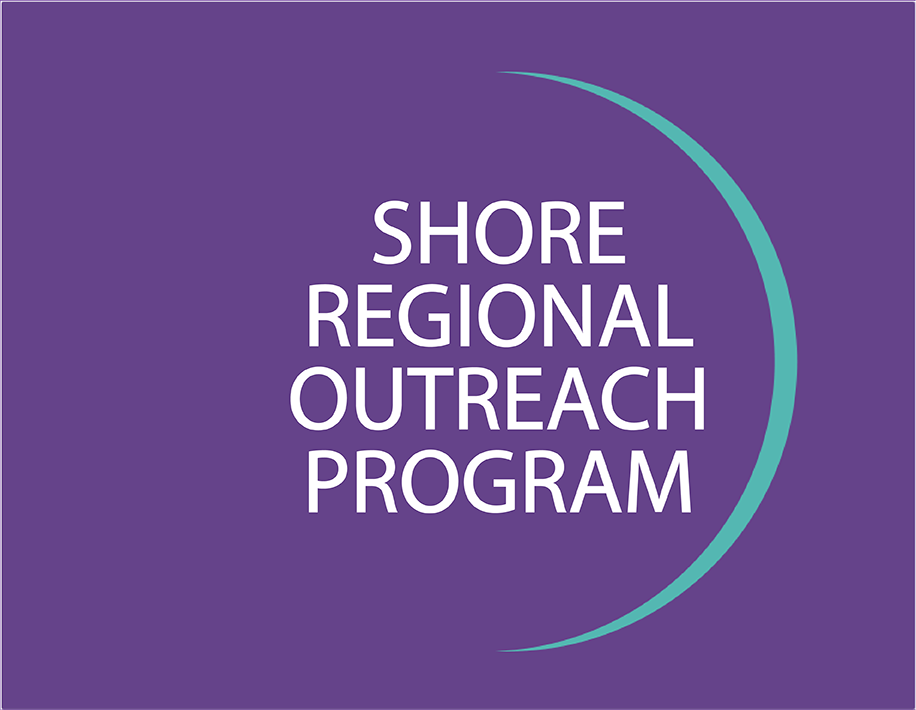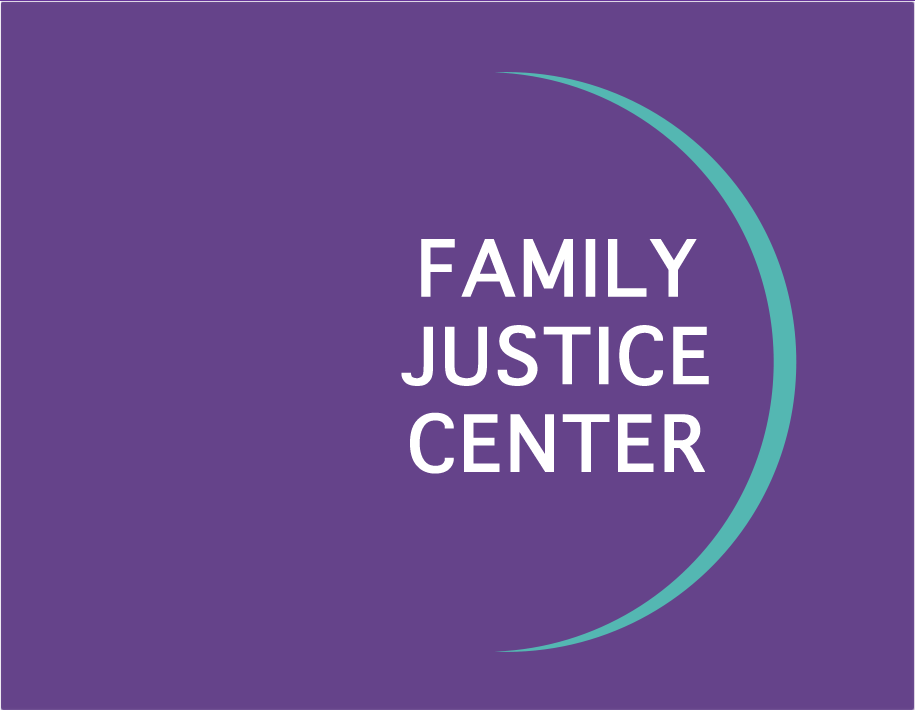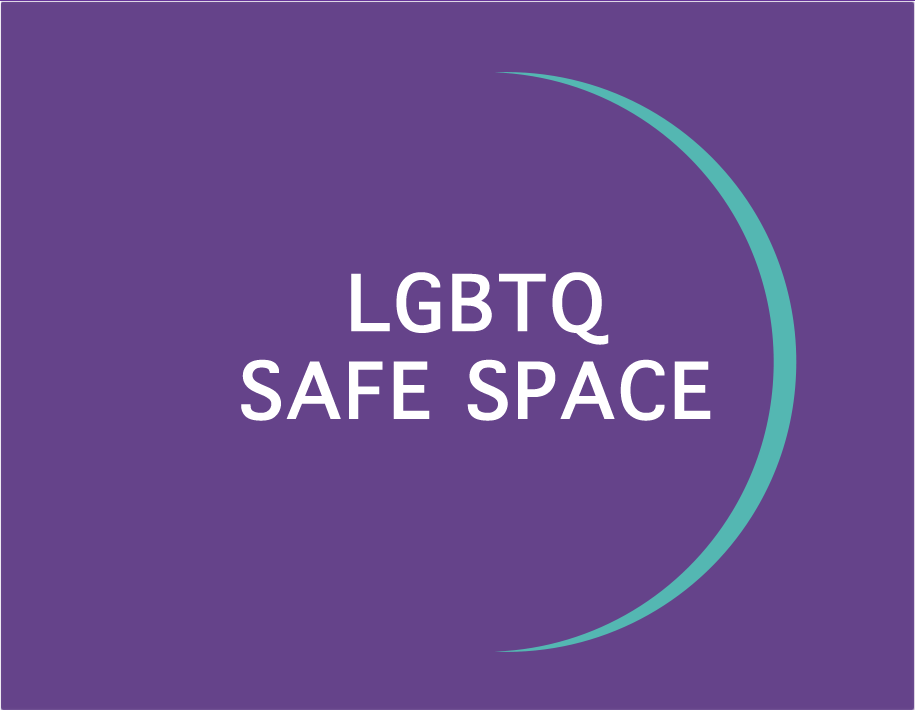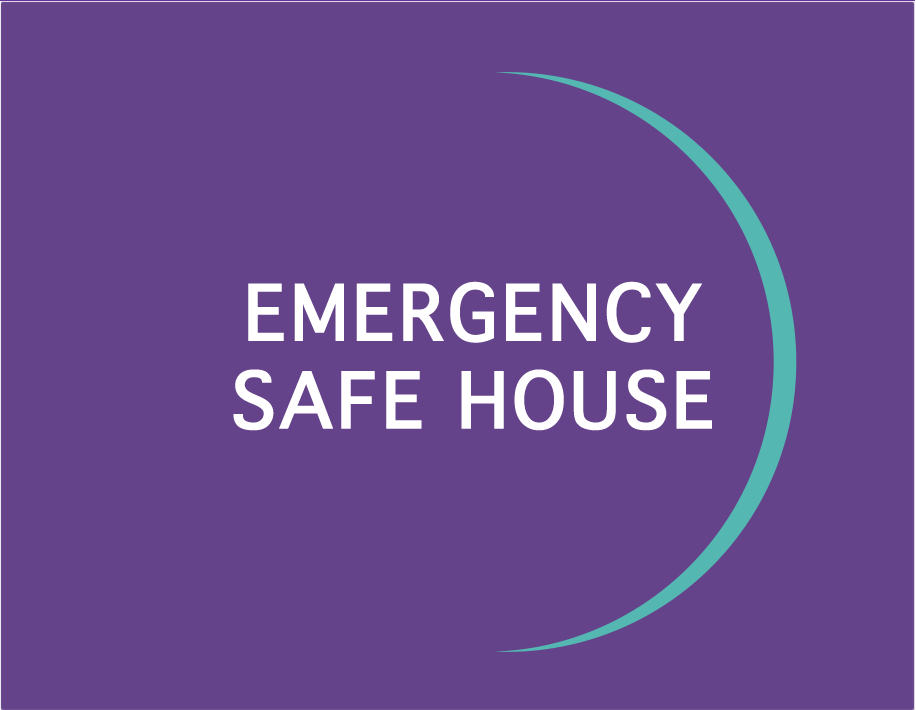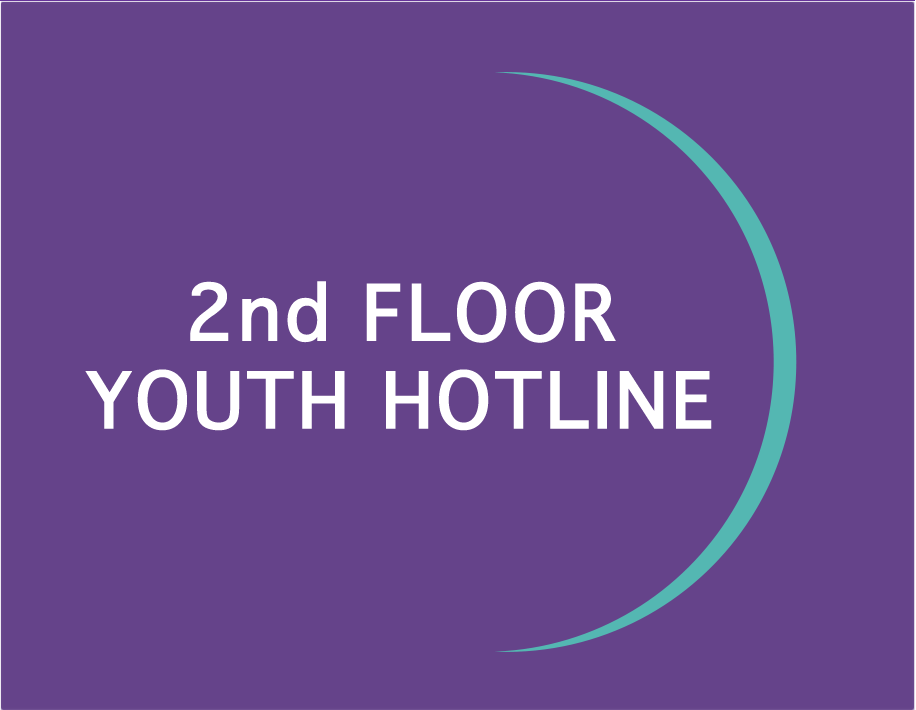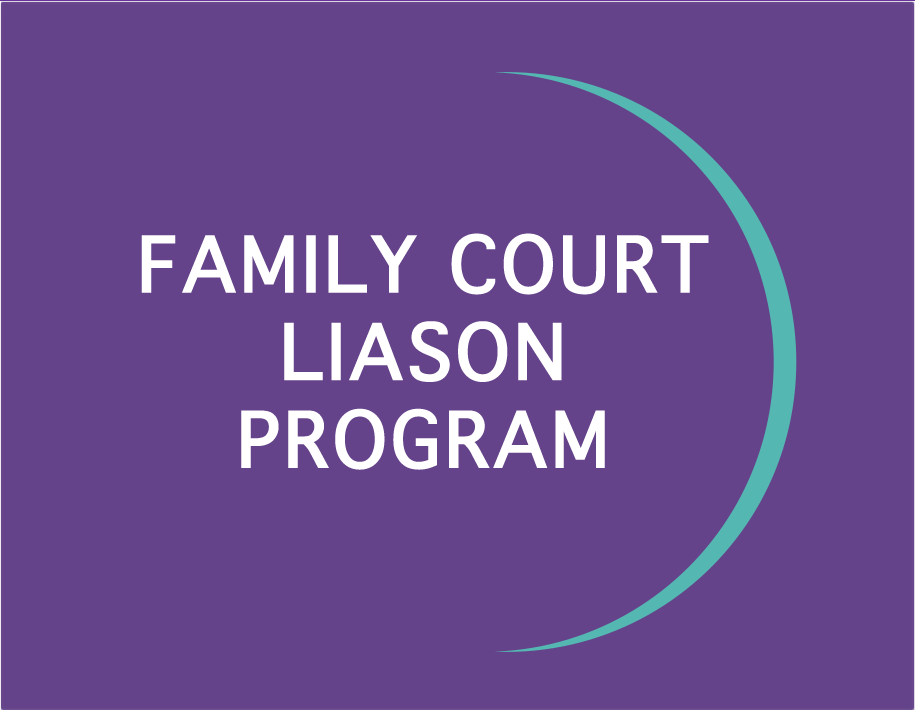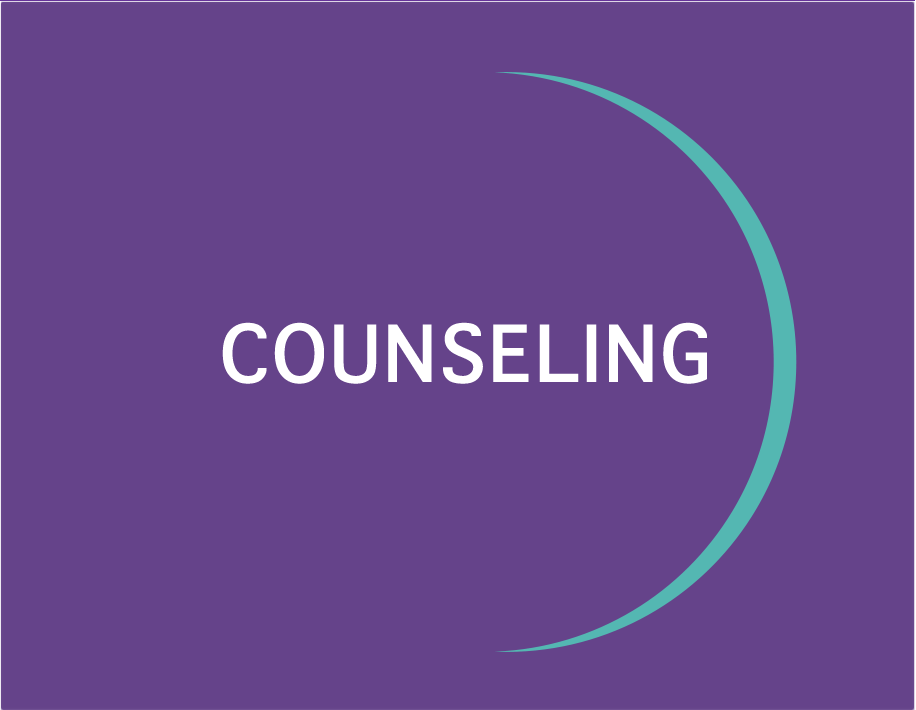The Shore Regional Outreach Program
The Shore Regional Outreach Program provides free and confidential culturally sensitive counseling to Caucasian, Latinx, and Men & Women of Color who have experienced or know someone who has experienced domestic or sexual violence
You can learn more about group and individual counseling for survivors of sexual and domestic violence by clicking these links.
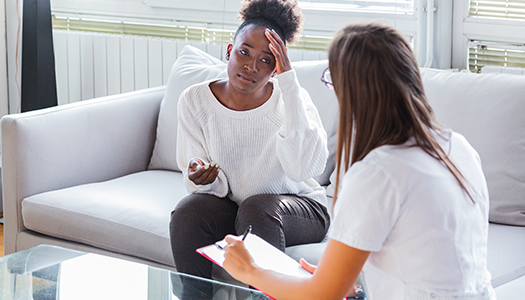
What are the signs of domestic or sexual violence?
- Financial: Controlling all income and expenses, preventing a partner from working, forcing a partner to turn over their paychecks to the abuser, restricting access to financial accounts, limiting access to cash or credit cards, or ruining a partner’s credit.
- Physical: Hitting, slapping, pushing, biting, punching, kicking, restraining, choking, smothering, or strangulation. Strangulation is one of the most lethal forms of domestic violence: unconsciousness may occur within seconds and death within minutes.
- Psychological: Intimidating a person with threatening looks and behavior, stalking, monitoring by using technology, using spyware and location tracking devices, monitoring technology, posting false information about someone on social media, isolating a person from friends and family, or attacking self-esteem by blaming, manipulating, criticizing, and humiliating.
- Sexual: Manipulating or forcing a person to do something sexual or any coerced, non-consensual, or unwanted sexual behavior.
- Verbal: Cursing or swearing, yelling, name-calling, criticizing thoughts or feelings, and put-downs.
How does the Shore Regional Outreach Program offer support and help survivors?
- Heal and break the cycle of multi-generational family violence.
- Navigate the Monmouth County Municipal Courts and domestic violence hearings by offering support, education, and domestic violence resources.
- Access community resources.
What do survivors learn from the program?
- Legal rights and protections.
- Safety planning strategies.
- How domestic violence affects children.
- The characteristics of an abuser.
- The myths about domestic violence.
- How to break free of domestic violence.
- Signs of healthy and unhealthy relationships.
- Self-care techniques to cope and begin the healing process.
- The impact of culture and violence against women.
- Emergency safe houses and transitional housing.
How can individual and group counseling help?
Individual counseling provides a safe space for survivors to begin talking about and working through the trauma of domestic or sexual violence. Group counseling reduces survivors’ experience of isolation, which is often created by the abuser to further control, and provides individuals the opportunity to realize they are not alone. Spanish-speaking counselors are available.



